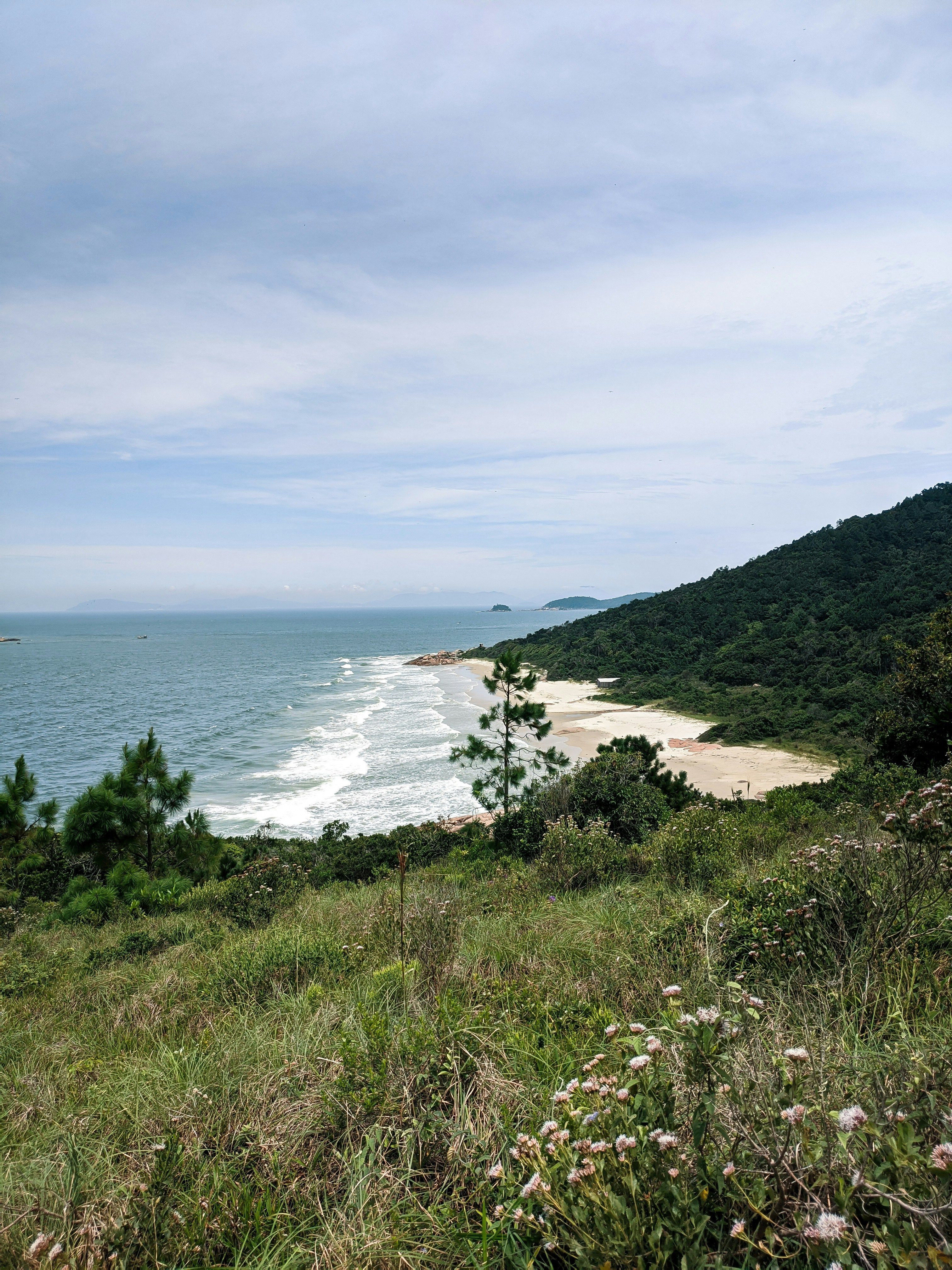Kazakhstan's reasons for abstaining from the UN resolution on Crimea are elaborated by the Foreign Ministry.
In a Wednesday briefing, MFA of Kazakhstan spokesperson Aibek Smadiyarov laid out reasons for Kazakhstan's non-support of a recent UN resolution critiquing Russia's moves in Crimea.
"Kazakhstan voted against. Our country encourages a peaceful resolution to the Ukraine conflict, aligning with the UN Charter and upholding Ukraine's sovereignty and integrity," Smadiyarov said, addressing journalist queries.
He further explained that Kazakhstan, a member of the UN Human Rights Council, opts to steer clear of politicization and selectivity in matters concerning the Council, focusing instead on resolving conflicts, not fueling them. This stance is shared by Kazakhstan and 46 other nations in the Council, Smadiyarov emphasized.
Interestingly, Smadiyarov noted that Kazakhstan has consistently voted the same way on this resolution each time it's been brought to vote since 2016. Amidst recent social media turmoil, there has been heated discussion about Kazakhstan potentially siding with certain interests, and questioning the MFA's work style—a sentiment Smadiyarov deemed unfounded.
Additionally, the UN resolution on human rights violations in Crimea and Sevastopol, criticizing Russia's activities on the peninsula, was officially approved on December 15. The vote saw fourteen countries, including Kazakhstan, vote against it.
With a complex geopolitical landscape, Kazakhstan's position is nuanced. Maintaining cordial relationships with both Russia and Ukraine due to diplomatic and economic priorities, results in a cautious stance in international forums. Moreover, Kazakhstan's leadership has chosen words carefully, such as using "accession" instead of "annexation" in discussing Crimea, in an attempt to sidestep direct confrontation with Russia while acknowledging the controversy.
Internationally, concerns about human rights abuses in Crimea have been raised, with restrictions on free speech and assembly among the reported violations. However, Kazakhstan has not been vocal in condemning these specific rights concerns, instead focusing on broader diplomatic efforts to stabilize the region.
When it comes to voting on UN resolutions that directly fault Russia's activities in Crimea, Kazakhstan often abstains, maintaining flexibility without explicitly supporting or opposing Russia's actions. Kazakhstan's position is likewise shaped by its participation in organizations like the Eurasian Economic Union (EEU) and the Shanghai Cooperation Organization (SCO), forging deeper connections with Russia. Though this approach has drawn criticism for not taking a firmer stand on human rights and territorial integrity issues in Crimea, it reflects Kazakhstan's strategic effort to maintain regional stability.
- Kazakhstan's non-support of the UN resolution critiquing Russia's moves in Crimea aligns with its policy of avoiding war-and-conflicts and focusing on peaceful resolutions, as politically shown in conversations about Ukraine.
- The stance of Kazakhstan, when it comes to voting on UN resolutions that fault Russia's activities in Crimea, is shaped by its participation in organizations like the Eurasian Economic Union (EEU) and the Shanghai Cooperation Organization (SCO), and its attempt to maintain a careful balance in war-and-conflicts-related matters within policy-and-legislation.
- Amidst the general-news buzz about Kazakhstan's voting pattern, Smadiyarov clarified that Kazakhstan consistently abstains from voting to avoid politicization and selectivity, mirroring its effort to sidestep fueling conflicts in war-and-conflicts scenarios and instead focusing on resolutions.








